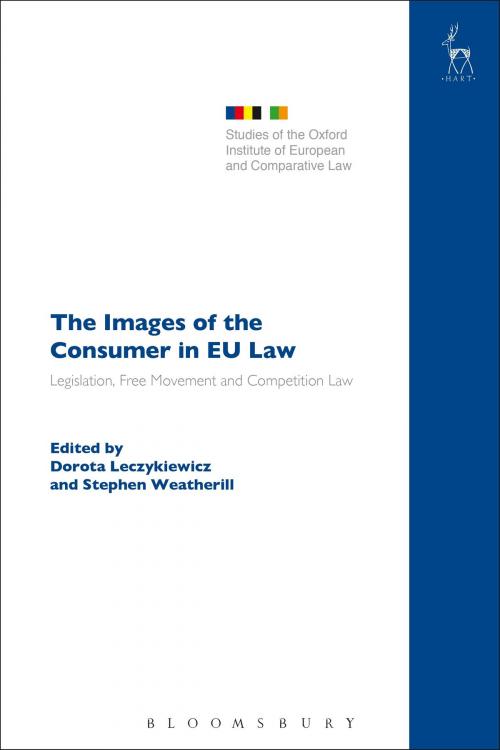The Images of the Consumer in EU Law
Legislation, Free Movement and Competition Law
Nonfiction, Reference & Language, Law, Consumer| Author: | ISBN: | 9781509900367 | |
| Publisher: | Bloomsbury Publishing | Publication: | January 28, 2016 |
| Imprint: | Hart Publishing | Language: | English |
| Author: | |
| ISBN: | 9781509900367 |
| Publisher: | Bloomsbury Publishing |
| Publication: | January 28, 2016 |
| Imprint: | Hart Publishing |
| Language: | English |
This book consists of contributions exploring from different perspectives the 'images' of the consumer in EU law. The images of the consumer form the foundation for various EU policies, more or less directly oriented towards the goal of consumer protection. The purpose of the volume is to establish what visions of the consumer there are in different contexts of EU law, whether they are consistent, and whether EU law's engagement with consumer-related considerations is sincere or merely instrumental to the achievement of other goals. The chapters discuss how consumers should be protected in EU contract, competition, free movement and trade mark law. They reflect on the limits of the consumer empowerment rationale as the basis for EU consumer policy. The chapters look also at the variety of concerns consumers might have, including the cost of goods and services, access to credit, ethical questions of consumption, the challenges of excessive choice and the possibility to influence the content of regulatory measures, and explore the significance of these issues for the EU's legislative and judicial process.
This book consists of contributions exploring from different perspectives the 'images' of the consumer in EU law. The images of the consumer form the foundation for various EU policies, more or less directly oriented towards the goal of consumer protection. The purpose of the volume is to establish what visions of the consumer there are in different contexts of EU law, whether they are consistent, and whether EU law's engagement with consumer-related considerations is sincere or merely instrumental to the achievement of other goals. The chapters discuss how consumers should be protected in EU contract, competition, free movement and trade mark law. They reflect on the limits of the consumer empowerment rationale as the basis for EU consumer policy. The chapters look also at the variety of concerns consumers might have, including the cost of goods and services, access to credit, ethical questions of consumption, the challenges of excessive choice and the possibility to influence the content of regulatory measures, and explore the significance of these issues for the EU's legislative and judicial process.















